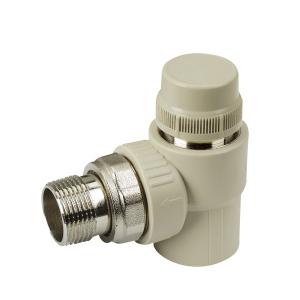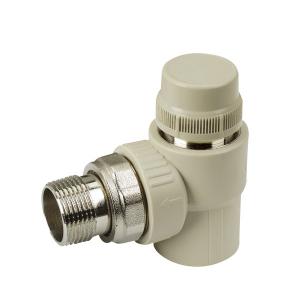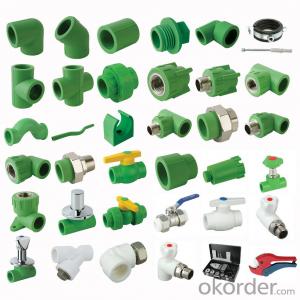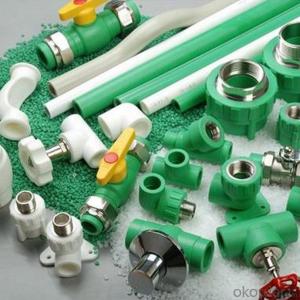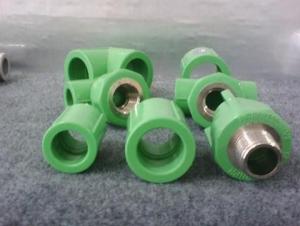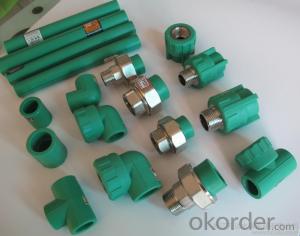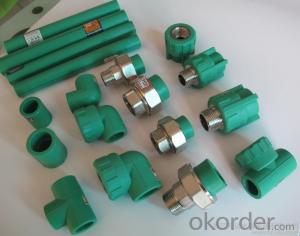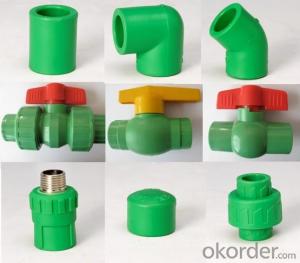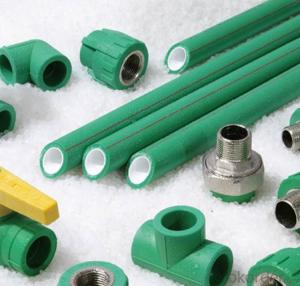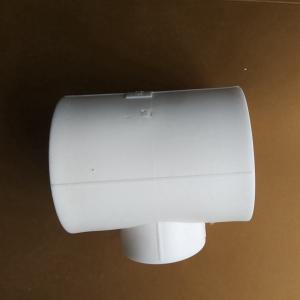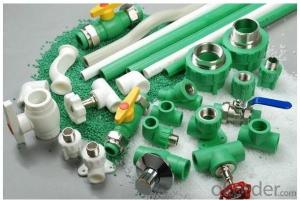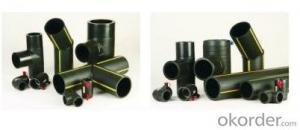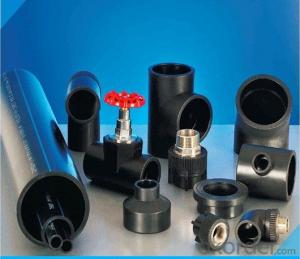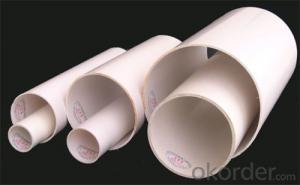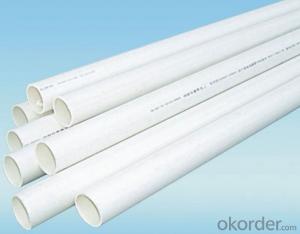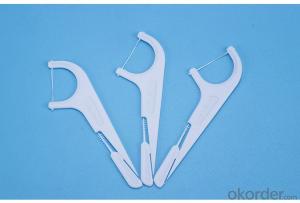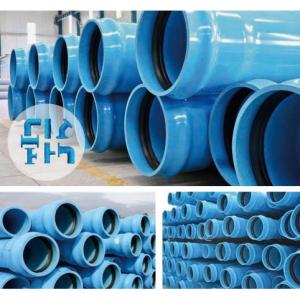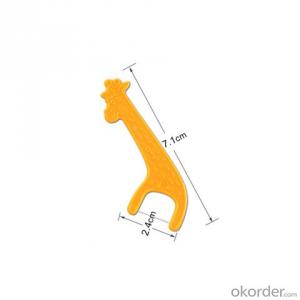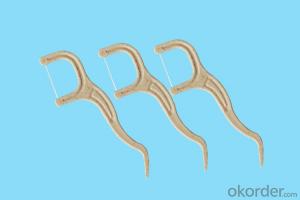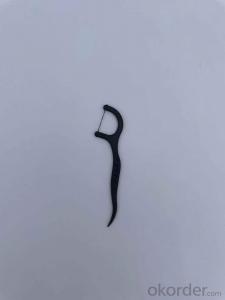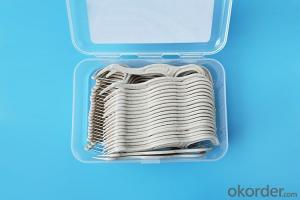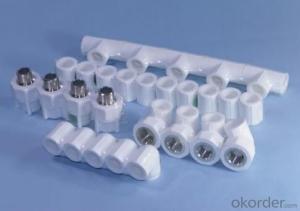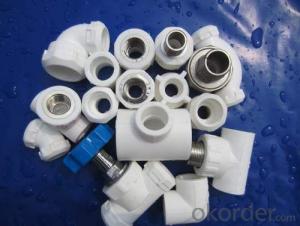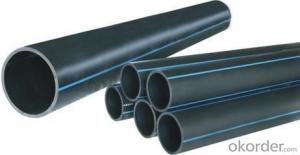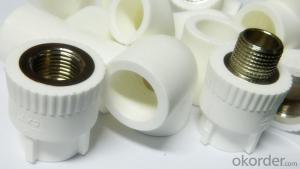PPR Angle Radiator Brass Ball Valve On Sale
- Loading Port:
- Ningbo
- Payment Terms:
- TT or LC
- Min Order Qty:
- 500 pc
- Supply Capability:
- 100000 pc/month
OKorder Service Pledge
OKorder Financial Service
You Might Also Like
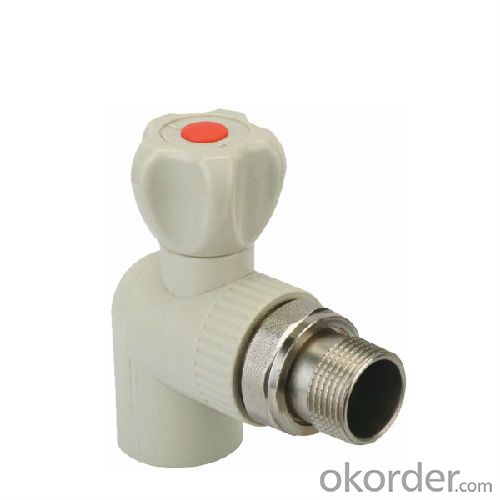
Quick Details
Material: Plastic
Technics: Injection
Type: Valve
Place of Origin: China (Mainland)
Model Number: DSW421-422
Connection: Female
Shape: Equal
Head Code: Round
Standard: ISO,DIN,EN,MSS,API,BS,ANSI
Certification: ISO9001,CE
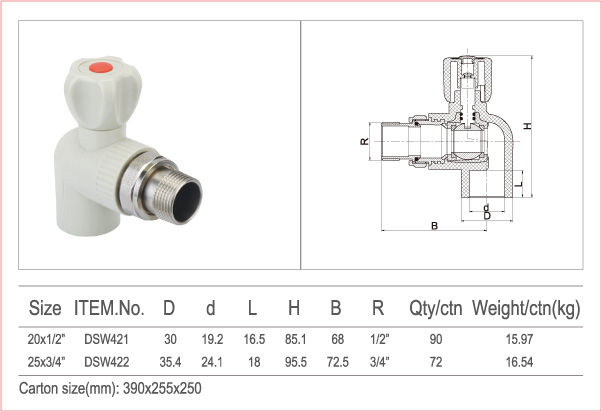
Specifications
Standard: DIN8077/8078
Material: R200P from Korea
Packaging & Delivery
Packaging Details:
1. Large carton:515x400x220 Cubage:0.04532 M3
Small carton:390x255x250 Cubage:0.0248 M3
2. PE poly bag+ cartonDelivery Detail: 15 days/ 20" container; 25 days/ 40HQ
Our Advantages:
1) Healthy, bacteriological neutral, conforming to drinking water standards
2) Resistant to high temperatures, good impact strength
3) Convenient and reliable installation, low construction expenses
4) Excellent heat-insulation property from minimum thermal conductivity
5) Lightweight, convenient to transport and handle, good for labor-saving
6) Smooth inner walls reduce pressure loss and increase flow speed
7) Sound insulation (reduced by 40% compared to galvanized steel pipes)
8) Light colors and excellent design ensure suitability for both exposed and hidden installation
9) Recyclable, environment-friendly, accords with GBM standards
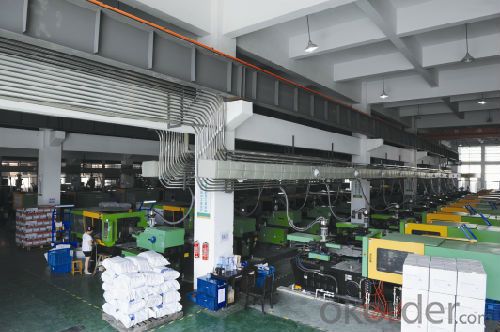
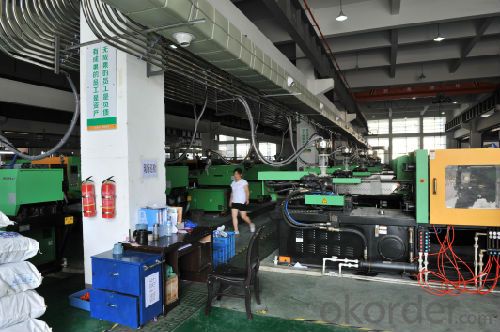
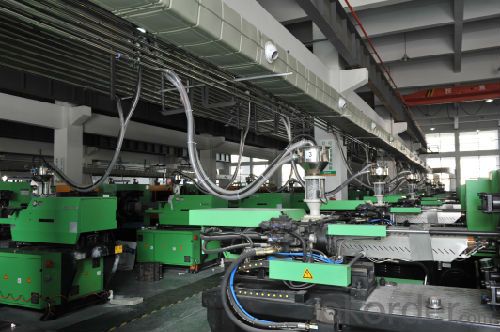
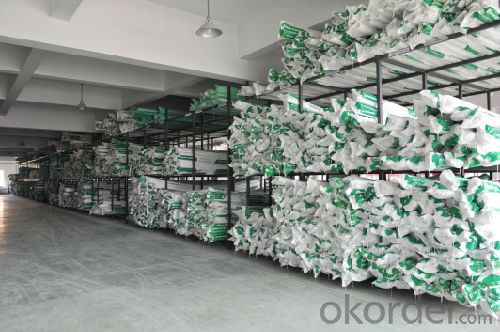
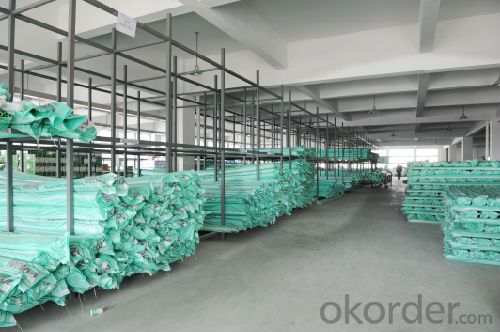
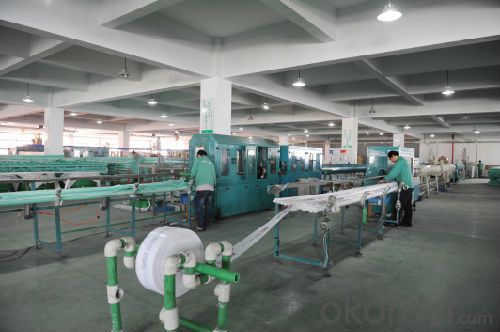
Applications
> Distribution for cool and hot water;
> Duct for drinkable water system;
> Pipes for kinds of high-temperature and low-temperature heating system;
> Pipes for heating and coolling settings in solar energy system;
> Connecting pipe for air conditioners.
- Q:Can plastic pipe fittings be used for food processing systems?
- Yes, plastic pipe fittings can be used for food processing systems. They are often made from food-safe materials such as PVC or polypropylene, which are resistant to corrosion and provide a hygienic solution for transporting food and beverages. Additionally, plastic fittings are lightweight, easy to install, and can withstand high temperatures, making them suitable for various food processing applications. However, it is essential to ensure that the specific plastic material used meets the necessary food safety regulations and standards.
- Q:Are plastic pipe fittings suitable for underground applications?
- Yes, plastic pipe fittings are suitable for underground applications. They are commonly used in underground plumbing systems as they are resistant to corrosion, lightweight, and easy to install. Additionally, plastic pipe fittings have good durability and can withstand the pressure and environmental conditions typically found underground.
- Q:Are plastic pipe fittings suitable for portable water supply in remote areas?
- Yes, plastic pipe fittings are suitable for portable water supply in remote areas. Plastic pipe fittings are lightweight, durable, and resistant to corrosion, making them ideal for use in remote areas where transportation and maintenance can be challenging. Additionally, plastic pipe fittings are cost-effective and easier to install compared to other materials, making them a practical choice for portable water supply systems in remote areas.
- Q:What are plastic PVC pipes and pipe fittings made of?
- Plastic PVC pipe fittings, material and pipe, like pvc.
- Q:Can plastic pipe fittings be used for potable water systems?
- Yes, plastic pipe fittings can be used for potable water systems. However, it is important to ensure that the fittings are specifically designed and approved for use with potable water. This includes checking for certification and compliance with relevant industry standards to ensure the safety and quality of the water supply.
- Q:Can plastic pipe fittings be used for wastewater systems?
- Yes, plastic pipe fittings can be used for wastewater systems. Plastic fittings, such as PVC or ABS, are commonly used in wastewater systems due to their durability, corrosion resistance, and ease of installation. They are able to handle the demands of wastewater flow and are designed to provide a secure and leak-free connection.
- Q:Can plastic pipe fittings be used in fire-rated systems?
- No, plastic pipe fittings cannot be used in fire-rated systems. Fire-rated systems require materials that can withstand high temperatures and provide fire resistance, which plastic fittings are unable to do.
- Q:Are plastic pipe fittings resistant to pressure surges?
- Yes, plastic pipe fittings are generally resistant to pressure surges. Plastic materials such as PVC and CPVC are designed to withstand sudden increases in pressure without deformation or failure, making them suitable for handling pressure surges in plumbing and industrial applications. However, it is important to ensure that the fittings are properly installed and meet the required standards to ensure their maximum resistance to pressure surges.
- Q:Are plastic pipe fittings resistant to hydraulic fluid?
- Yes, plastic pipe fittings are generally resistant to hydraulic fluid. They are commonly made from materials such as PVC, CPVC, or PTFE, which have good chemical resistance to hydraulic fluids. However, it is important to ensure that the specific type of plastic used in the fittings is compatible with the hydraulic fluid being used to avoid any potential degradation or failure.
- Q:Can plastic pipe fittings be used for chemical transportation?
- Plastic pipe fittings can be used for chemical transportation, but it depends on the type of chemical being transported. Certain plastic materials, such as PVC or CPVC, are resistant to a wide range of chemicals and can be suitable for transporting many types of chemicals. However, for more aggressive or corrosive chemicals, it is important to select the appropriate plastic material that is specifically designed to handle those substances. Additionally, it is crucial to consider factors like temperature, pressure, and compatibility with the specific chemical to ensure safe and effective transportation.
1. Manufacturer Overview |
|
|---|---|
| Location | |
| Year Established | |
| Annual Output Value | |
| Main Markets | |
| Company Certifications | |
2. Manufacturer Certificates |
|
|---|---|
| a) Certification Name | |
| Range | |
| Reference | |
| Validity Period | |
3. Manufacturer Capability |
|
|---|---|
| a)Trade Capacity | |
| Nearest Port | |
| Export Percentage | |
| No.of Employees in Trade Department | |
| Language Spoken: | |
| b)Factory Information | |
| Factory Size: | |
| No. of Production Lines | |
| Contract Manufacturing | |
| Product Price Range | |
Send your message to us
PPR Angle Radiator Brass Ball Valve On Sale
- Loading Port:
- Ningbo
- Payment Terms:
- TT or LC
- Min Order Qty:
- 500 pc
- Supply Capability:
- 100000 pc/month
OKorder Service Pledge
OKorder Financial Service
Similar products
New products
Hot products
Hot Searches
Related keywords
